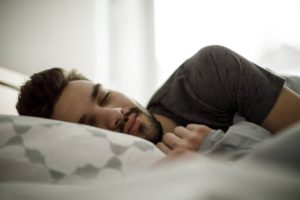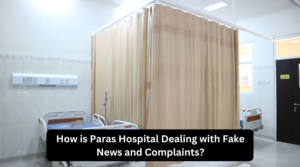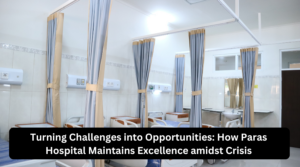
 The pandemic and the lifestyle changes made our sleep deficit worse. Enter sleep aids that claim to help us with the process. A study done by the market research company P&S Intelligence shows the global sleeping aids market worth USD 79 billion in 2019 is predicted to reach USD 163billion by 2030.
The pandemic and the lifestyle changes made our sleep deficit worse. Enter sleep aids that claim to help us with the process. A study done by the market research company P&S Intelligence shows the global sleeping aids market worth USD 79 billion in 2019 is predicted to reach USD 163billion by 2030.
“These sleeping aids can be used along with maintaining good sleep hygiene. While aids have been found useful, their effects can vary from person to person,” says Dr Nileena NKM, psychiatrist and fellow in sleep medicine at Nithra Institute Of Sleep Sciences, Chennai. If you are looking for options, here are a few that you can check out, without a doctor’s prescription.
Weighted blanket
Weighted blankets look like regular one, but are heavier as they are filled with glass beads or plastic pellets instead of light-weight feathers or slightly heavier cotton. The weight creates even pressure on the body. “Most of the blankets available in our market weigh 16 kilograms and can create a snug feeling. But some people can find it uncomfortable because of its weight too,” says Dr M S Kanwar, senior consultant and advisor in sleep medicine and critical care at Indraprastha Apollo Hospital, New Delhi.
Noise-cancelling earplugs
The technology blocks out any sound, be it car horns or loud sound from the TV. “It is best to sleep in a calm environment and this device will help people who do not have that luxury,” says says Dr Kanwar. The earplugs come in a variety of price ranges and with multiple features including apps to produce sleep sounds if needed and a battery life long enough to last through the night.
Wake up lights
Light plays an important role in the sleep cycle, helping with circadian rhythm: matching our body clock to that of the rising and setting of the sun.“While sunlight helps our body to be alert, darkness gives it a signal to be sluggish,” says Dr Nileena. Wake up lights are designed to mimic natural light and their intensity slowly increases with time. Most come with the option of customizing its intensity and duration of glow.
“This will help people who live in cold climates, where it gets late for the sun to appear. Similarly, people who work during night shifts and sleep during the day should use blinding curtains to keep their room dark,” she adds. They can use the light to wake them up when dark outside.
Blue light glasses
Blue light waves boost attention through the day and suppress the production of melatonin that helps you get to sleep at night. The lenses of these glasses filter out certain light waves emitted by the sun and digital devices like phones, laptops and tablets. “Even though it sounds like a perfect solution, recent studies have shown that it is not as effective as it claims to be. I suggest switching off digital devices at least two hours before one goes to sleep,” explains Dr Nileena.
Smart pillow
A smart pillow detects snoring. While some vibrate to nudge you to change your sleeping position, others inflate or deflate to adjust the head’s elevation to keep the airways open. “Snoring can be loud when a person sleeps on the back. The best sleeping position is to lie on the sides,” explains Dr Kanwar.
White noise machine
This is designed to produce sound in audible frequencies at a constant amplitude. White noise machines not only help to cut out the environmental noise, but can also be soothing. “Studies have shown that in people without sleep disorders, white noise machines can reduce the time it takes to fall asleep by nearly 40%. That is a good sign. But this effect can be achieved by the hum of an AC or a fan as well,” says Dr Nileena.







